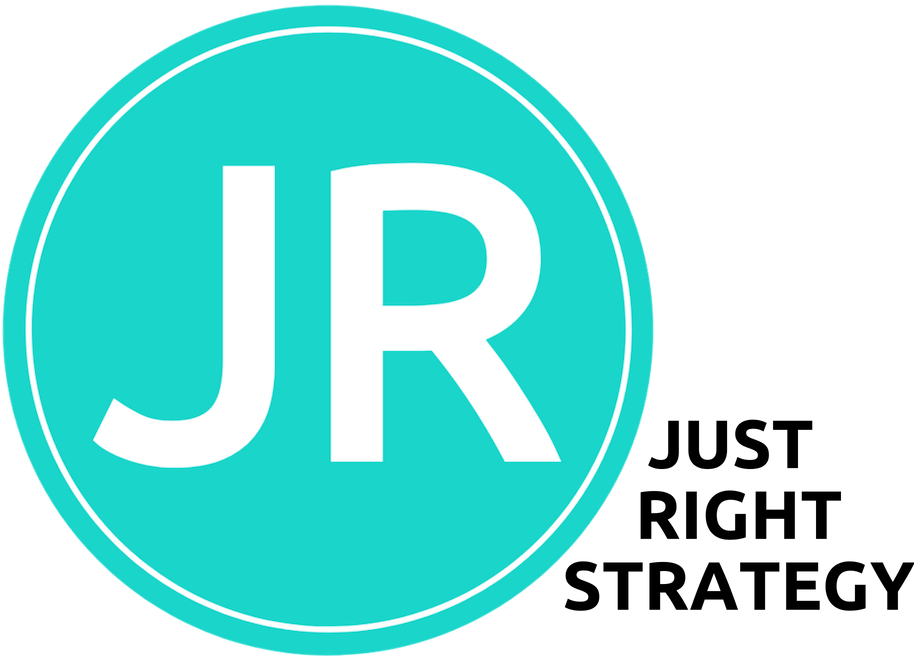The power of journalism
[This post is a part of the Carnival of Journalism hosted by DigiDave. You can read the entire collaboration here.] I'm lucky - that's what a mom friend told me yesterday during a snow day while we watched our kids tear up my house. I had to ponder that after I had waken up at four in the morning AGAIN so I could help my newsroom manage school closings after a particularly deep dump of snow in the area. But I had to think about it. The core of journalism is to inform the community. I have the opportunity to wake up at ungodly hours and drive through dangerously deep snow so I can make sure others don't do what I do. I get to inform my community about the things that are most important to them. At the same time I get to show future journalists how you get the job done.
Working in a newsroom is a blessing and a curse. So is the job of a journalism professor. My friend told me she thought I was lucky because I am a professor. She explained it's because I have something to show with my job. I do have a lot to show for it. I have hundreds of former students doing amazing things in the industry and beyond. But lately I've made sure my focus as a professor is expanded. The things I teach my students are useful for anyone. A teacher in Palo Alto, California has a similar perspective and is teaching her high schoolers the power of journalism. NPR-affiliate KQED's MindShift blog spoke to Esther Wojcicki about her teaching philosophy. She thinks teaching journalism skills to all high school students will help them become more media literate and understand how to create digital media. She helped launch a site called 21stcentury. The site is rich with information that could be useful for anyone looking to enhance their knowledge base.
I think it's incredible how many freshmen arrive in college with little to no experience in digital media. Their parents blocked them from using social media and other digital publishing tools during high school in fear they would make bad choices. That fear is not isolated to high school parents. My college students tell me their parents are constantly emailing them links to worst case scenarios. The message: "Don't use new social media tools. It might hurt you." The fear of making a mistake is holding back so many people. I attribute that fear to a lack of digital media literacy. If more people saw the strengths of these new communication tools, I honestly think community connections and conversations can only get better.
Universities are inside a comfortable bubble where you can push the envelope. My job gives me an unusual opportunity to work in a practicing newsroom and teach. After years in "normal" newsrooms, the added university link has afforded me so many opportunities to explore, make mistakes and learn so much about the changes in the journalism industry. Those changes also translate into changes in how communities communicate and share. Why not expand the university bubble and bring the entire community into that zone of comfort? The lessons I am teaching should spread into the community.
When I first taught journalism, I required my students to volunteer during the semester to prove to them that it's important to connect with the community and not just work in the newsroom. You can't be a good journalist if you don't physically connect with your community. I feel the same way about universities - especially journalism schools. We have powerful knowledge that can only help an ever expanding community need.
I'm taking action. I really believe my university connection has afforded me knowledge that's worth spreading. A portion of my capstone students will help me connect the lessons learned in my Advanced Internet Applications class and sharing them with our community. One team will create how-to videos and guides for our newsroom's audience so they can feel more comfortable using social media tools and basic digital publishing platforms. Another team will help the new Social Media Club chapter that I'm helping found in our community. Through the club, my students will help develop educational community events. I even have a team learning how to create a social media-based fundraising event for a local family resource center as part of Twestvial Local 2011. I want to break down those walls of fear and help many more people understand why this changing world is worth jumping into - not blocking.
Wouldn't it be amazing if these ideas expanded into the fabric of an entire university community?
I am lucky.
